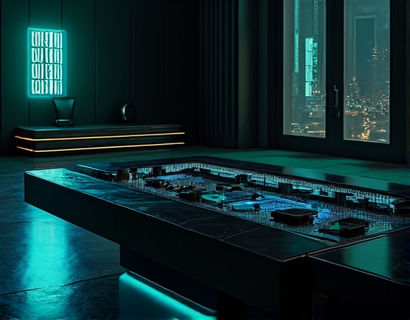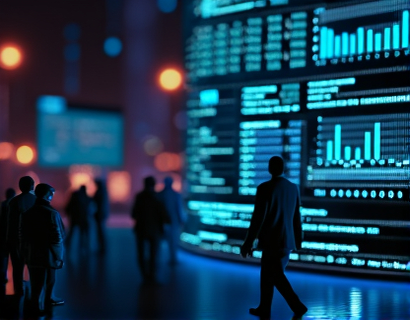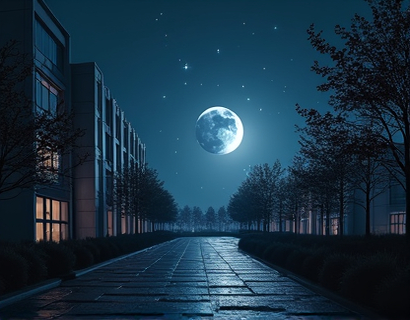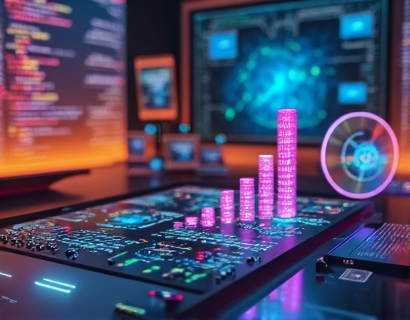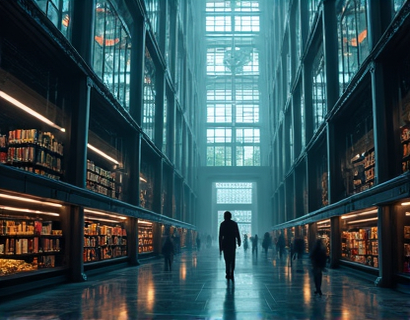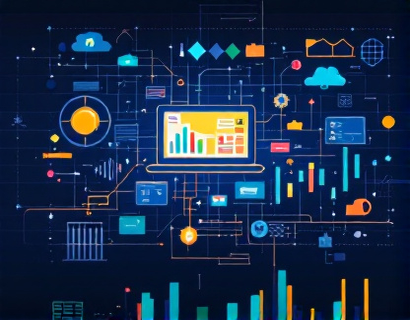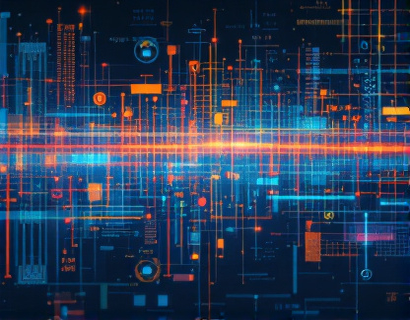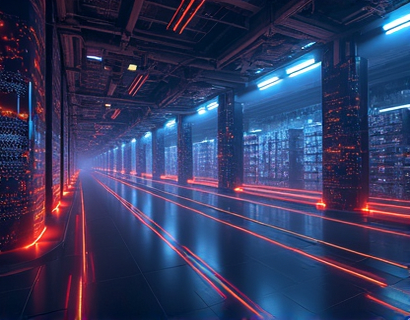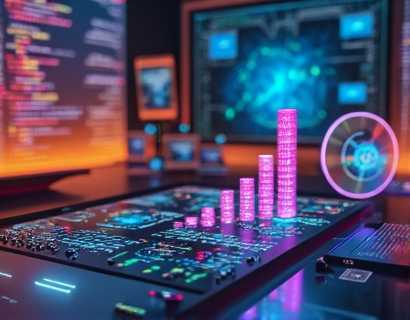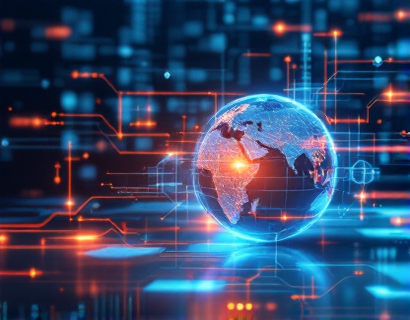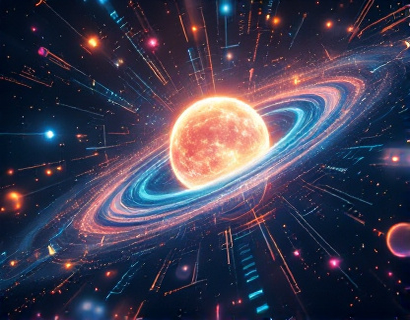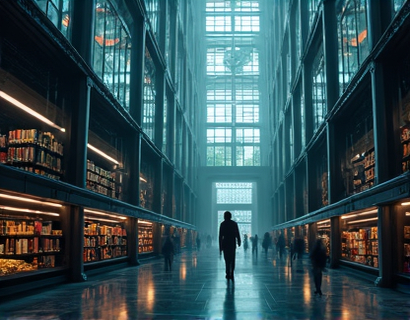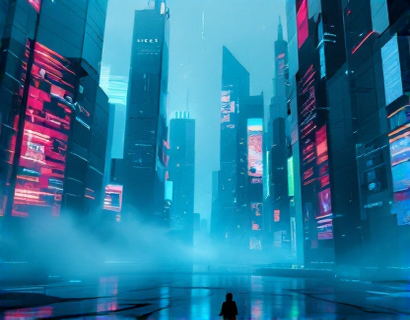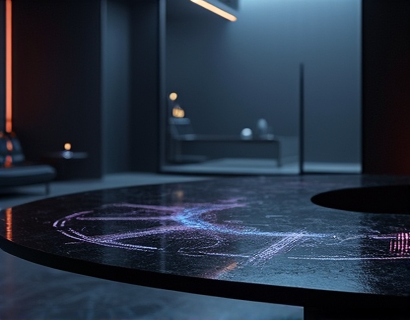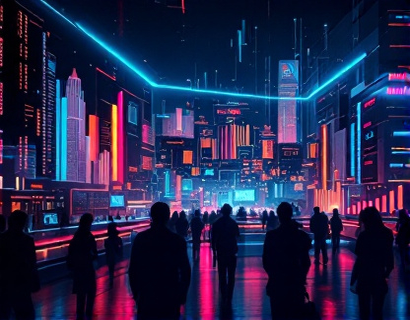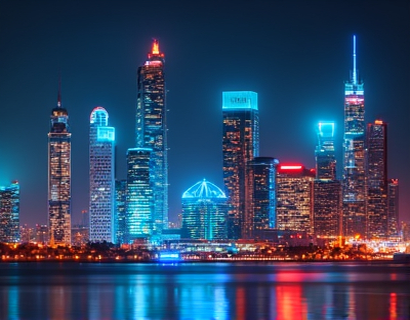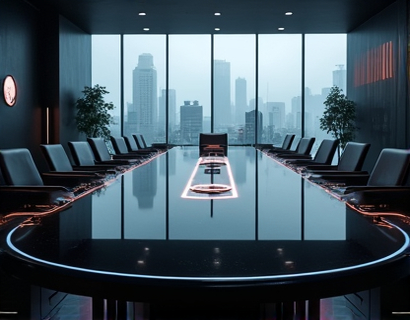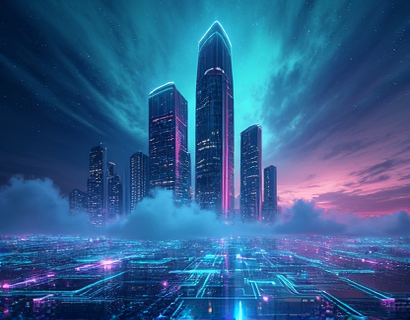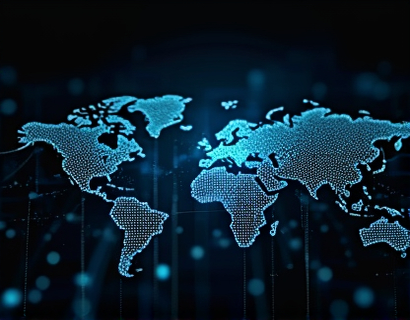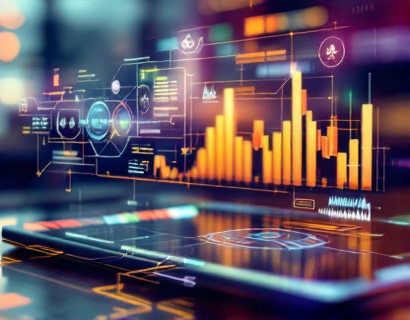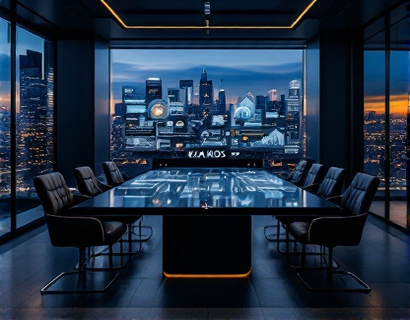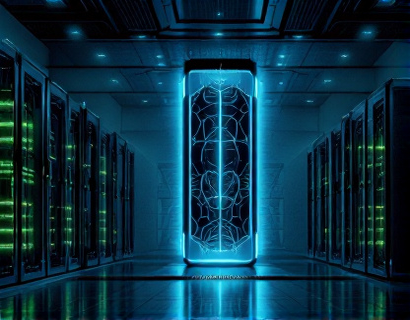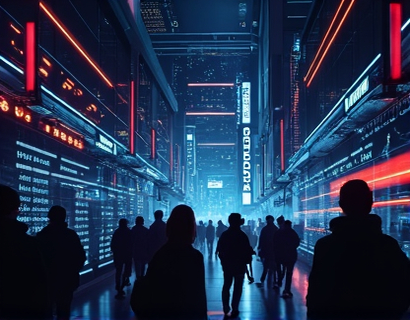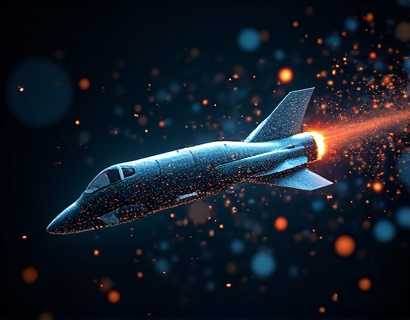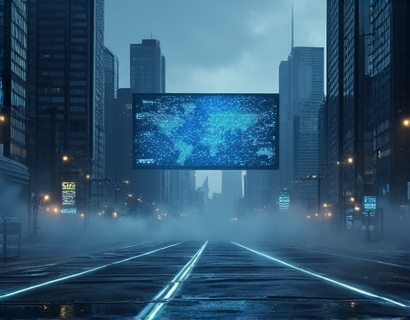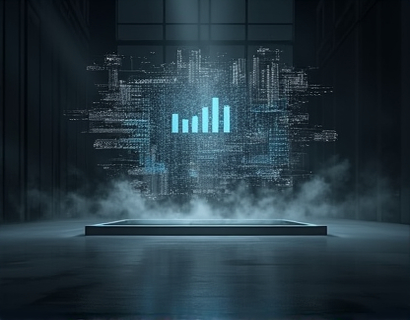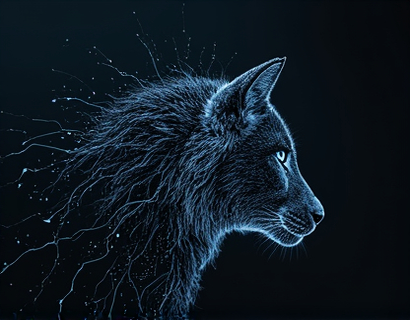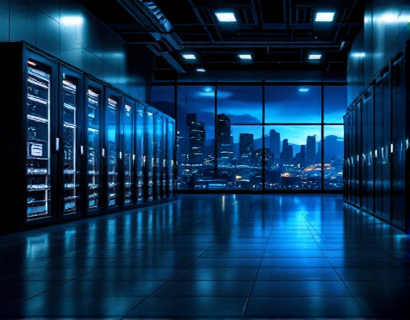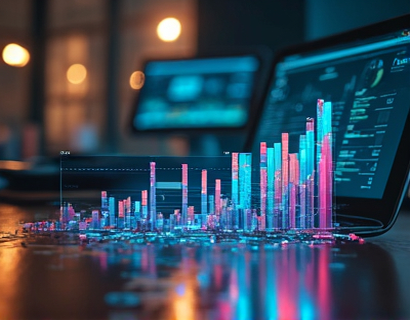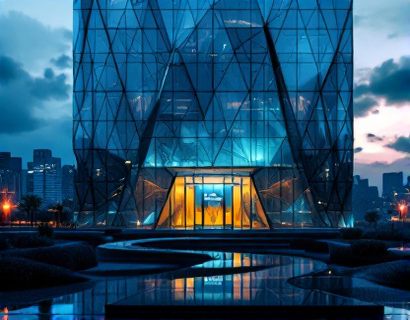AI-Powered Creativity Transformation: Revolutionizing Film, Music, and Gaming Production with Advanced Technology Solutions
The entertainment industry is undergoing a profound transformation driven by the integration of Artificial Intelligence (AI) technology. This shift is not merely an incremental update but a revolutionary change that is redefining how creativity is expressed, projects are managed, and content is produced across film, music, and gaming sectors. AI is providing creative professionals with advanced tools that enhance their capabilities, optimize production processes, and streamline project management, enabling them to achieve unprecedented levels of success and set new industry standards.
Enhancing Creativity in Film Production
In the realm of film production, AI is opening new avenues for creative expression. Scriptwriting, once a purely manual and time-consuming process, is being augmented by AI-driven tools that can analyze successful scripts, identify patterns, and suggest plot developments, character arcs, and dialogue. These tools do not replace human creativity but serve as a catalyst, offering writers a wealth of ideas and possibilities to explore. For instance, AI can generate multiple script versions based on different themes, genres, and character dynamics, allowing directors and writers to experiment and refine their concepts more efficiently.
Visual effects (VFX) are another area where AI is making significant strides. Traditional VFX workflows are labor-intensive and require extensive manual intervention. AI-powered solutions can automate repetitive tasks such as object tracking, background removal, and environment generation. Machine learning algorithms can learn from vast datasets of visual content to create realistic and seamless effects, reducing the time and cost associated with VFX production. This not only accelerates the post-production process but also allows filmmakers to focus more on creative decision-making rather than technical execution.
Optimizing Music Production
The music industry is equally benefiting from AI technology. Composing music has always been an art form that combines technical skill with creative intuition. AI tools are now assisting composers by generating musical ideas, creating harmonies, and even composing entire pieces of music. These tools analyze existing music genres and styles to produce new compositions that can inspire or complement human creativity. For example, AI can suggest chord progressions, melodies, and rhythms based on the desired mood, tempo, and genre, providing musicians with a rich palette of options to work with.
Music production also sees significant improvements in sound design and mastering. AI algorithms can analyze audio tracks to identify and enhance specific elements such as bass, treble, and mid-range frequencies. This ensures a balanced and professional sound without the need for extensive manual adjustments. Additionally, AI-powered plugins can simulate the sound of legendary studios and equipment, allowing producers to achieve authentic historical sounds in their productions.
Revolutionizing Gaming Development
In the gaming industry, AI is transforming the way games are designed, developed, and experienced. Game design is a complex process that involves creating engaging narratives, dynamic environments, and responsive characters. AI tools can assist game designers by generating level layouts, NPC (non-player character) behaviors, and even entire storylines. These tools use algorithms to simulate player interactions and adapt the game environment in real-time, ensuring a more immersive and personalized gaming experience.
AI-driven game engines can optimize performance and graphics quality by dynamically adjusting resources based on the player's hardware capabilities and the current game scene. This ensures that games run smoothly across a wide range of devices, from high-end PCs to mobile phones. Moreover, AI can analyze player data to identify patterns and preferences, enabling developers to create more tailored and engaging content.
Streamlining Project Management
The integration of AI extends beyond creative processes to project management, a critical aspect of successful production in any entertainment sector. AI-powered project management tools can predict project timelines, allocate resources more efficiently, and identify potential bottlenecks before they become issues. These tools analyze historical data from previous projects to provide accurate estimates and recommendations, helping project managers make informed decisions.
Collaboration is another area where AI shines. Virtual assistants and chatbots can facilitate communication among team members, manage schedules, and handle routine administrative tasks. This not only saves time but also reduces the risk of miscommunication and errors. AI-driven analytics can provide real-time insights into project progress, allowing teams to adjust their strategies and stay on track.
Challenges and Ethical Considerations
While the benefits of AI in the entertainment industry are undeniable, there are also challenges and ethical considerations that need to be addressed. One major concern is the potential displacement of jobs. As AI tools become more sophisticated, there is a risk that some traditional roles may be automated. However, this shift also creates new opportunities for roles that focus on overseeing AI systems, interpreting their outputs, and integrating them into the creative process.
Another ethical issue is the authenticity and originality of AI-generated content. There is a debate about whether AI-generated scripts, music, and art can truly be considered creative works. Ensuring that AI tools are used to augment human creativity rather than replace it is crucial. Industry professionals must establish guidelines and best practices to maintain the integrity of their craft while embracing the benefits of AI technology.
Future Prospects
The future of AI in the entertainment industry looks promising. As technology continues to advance, we can expect even more sophisticated tools that further enhance creativity and efficiency. The integration of AI with other emerging technologies such as virtual reality (VR) and augmented reality (AR) will open new frontiers for immersive storytelling and interactive experiences. Filmmakers, musicians, and game developers will have the ability to create more interactive and personalized content, pushing the boundaries of what is possible in entertainment.
The collaboration between human creativity and AI will likely become the norm, leading to a new era of innovation and artistic expression. The key will be to leverage AI as a powerful ally rather than a replacement, ensuring that the unique human touch remains at the heart of all creative endeavors.



